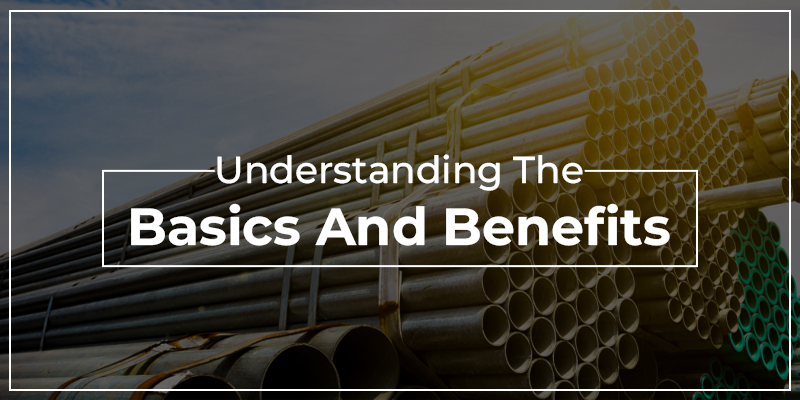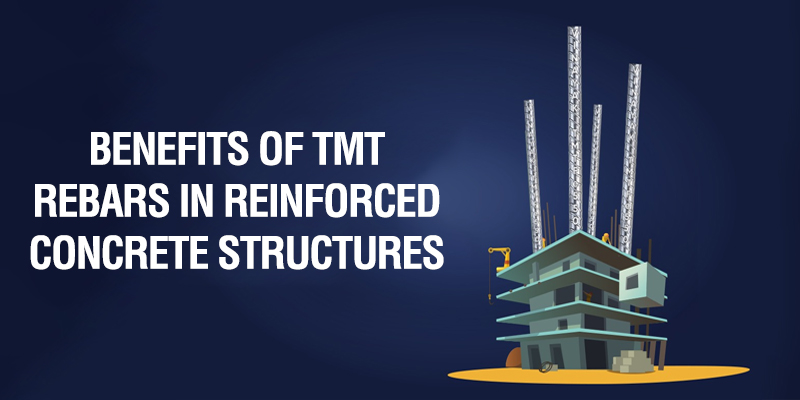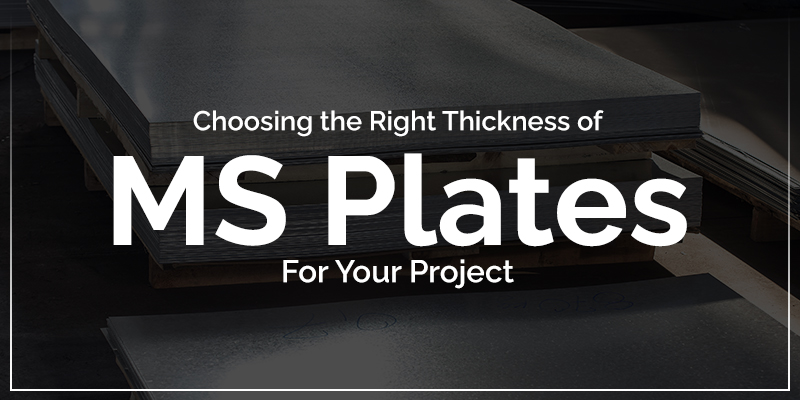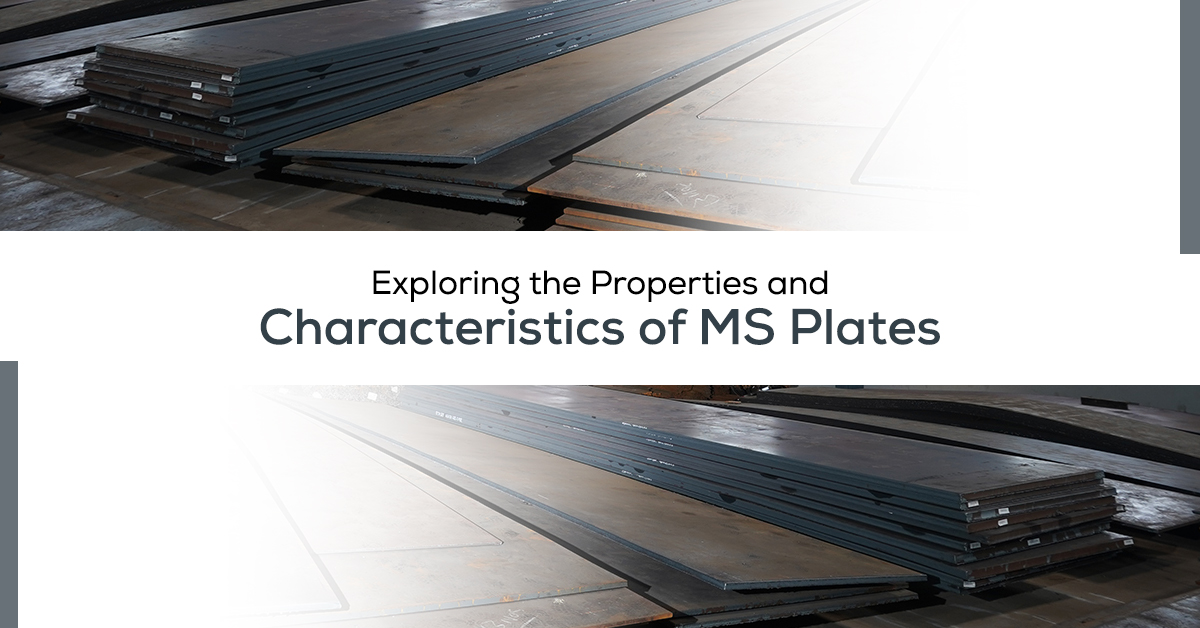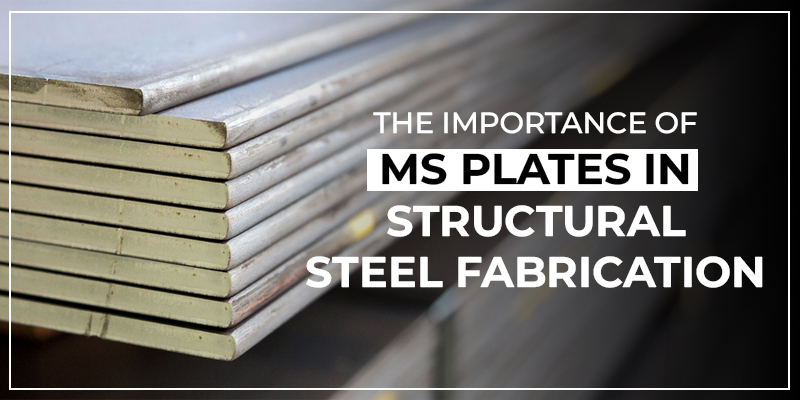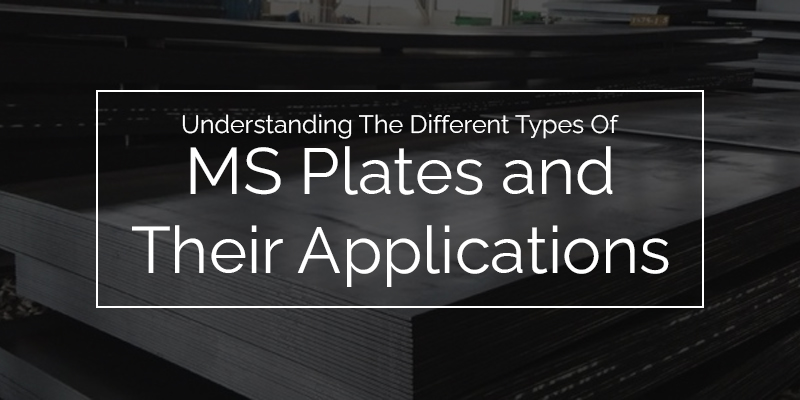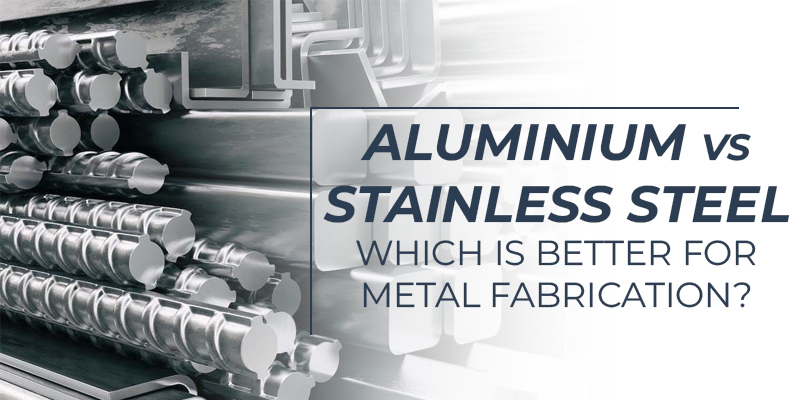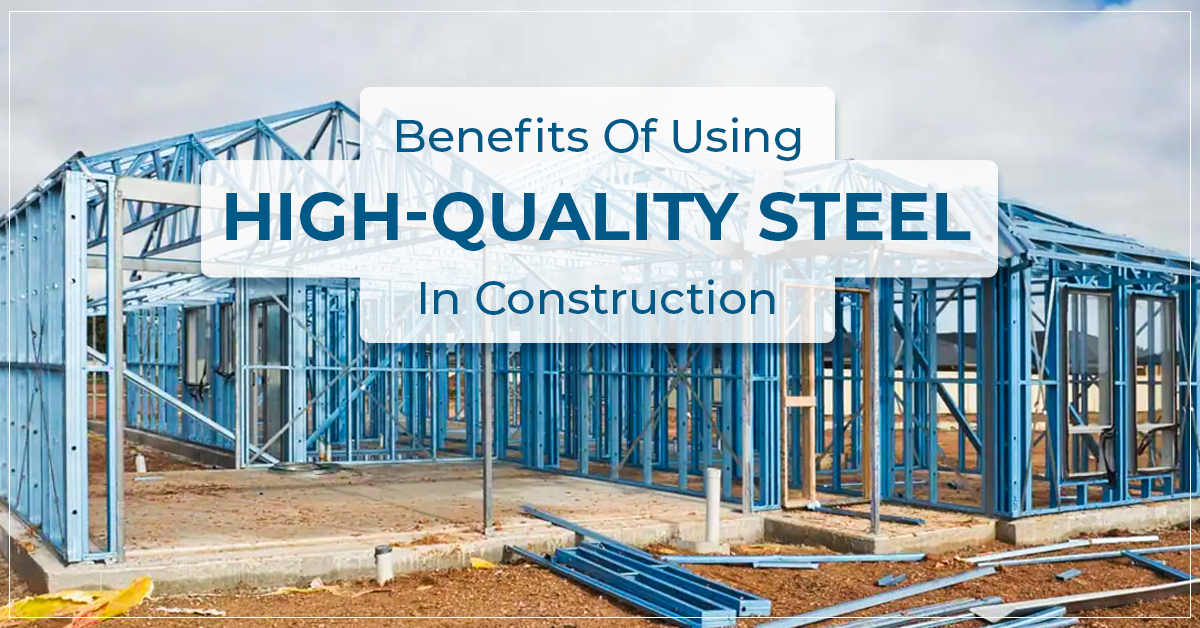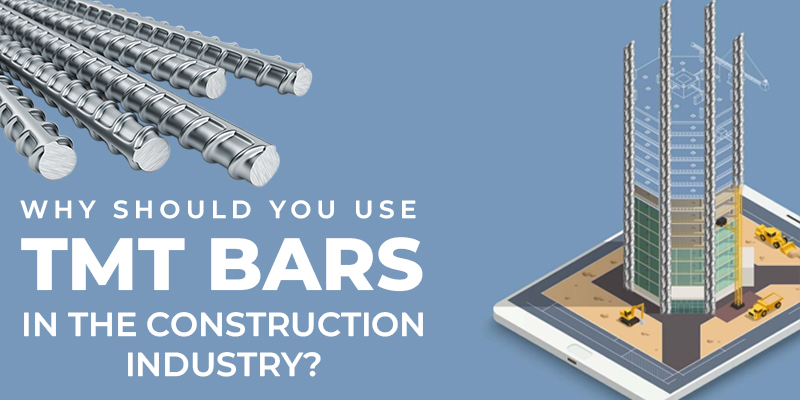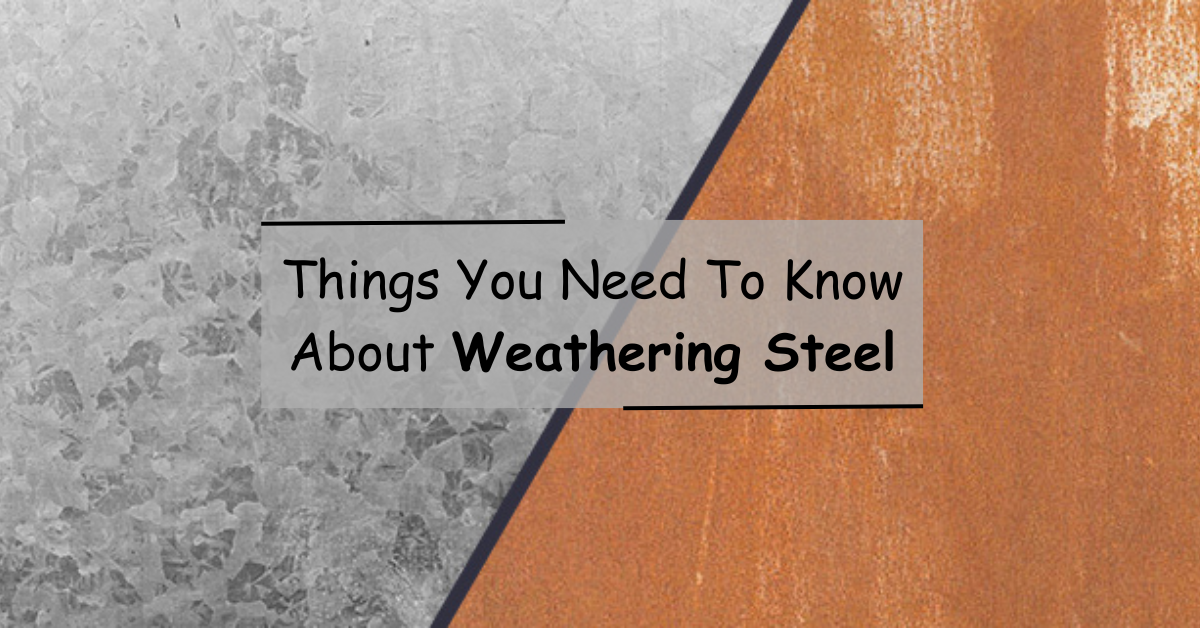M.S. beams, short for Mild Steel beams, are integral components in the construction and structural engineering industries. Steel Dealers in Chennai say that these beams provide support, strength, and stability to various structures. Understanding the basics and benefits of M.S. beams is essential for architects, engineers, and builders involved in construction projects.
Basics of M.S. Beams
M.S. beams are structural steel members primarily composed of mild steel, a low-carbon steel alloy. Mild steel is known for its malleability and ease of workability while offering excellent strength and durability. MS steel suppliers in chennai M.S. beams come in various shapes, including I-beams, U-beams, and T-beams, each designed to fulfil specific structural requirements. These beams are carefully engineered to distribute loads efficiently and maintain structural integrity.
Benefits of M.S. Beams
High Load-Bearing Capacity
Steel Suppliers in Chennai say that M.S. beams are renowned for their exceptional load-bearing capacity. Due to their inherent strength, these beams can support significant weight and distribute it evenly, making them suitable for various construction projects. M.S. beams provide essential structural integrity and stability for bridges, buildings, industrial structures, or even residential homes.
Cost-Effectiveness
One of the significant advantages of M.S. beams are cost-effective. Mild steel, the primary material used in M.S. beams are relatively affordable compared to other types of structural steel. This makes M.S. beams are a cost-effective choice for construction projects, allowing builders and engineers to achieve the desired structural strength without exceeding the budget.
Versatility in Design and Construction
M.S. beams offer versatility in both design and construction. With their various shapes and sizes, M.S. beams provide flexibility to architects and engineers, enabling them to meet specific project requirements. JSW steel dealers in Chennai say that whether it’s supporting heavy loads over long spans or providing stability in different directions, M.S. beams can be tailored to suit the needs of the structure. M.S. beams can be easily connected and integrated with other structural components, facilitating efficient construction and assembly.
Durability
M.S. beams exhibit excellent durability, making them suitable for long-term structural applications. Mild steel possesses exceptional resistance to impact, fatigue, and deformation, ensuring that M.S. beams can withstand the rigors of construction and provide lasting support. The corrosion resistance of M.S. beams can be enhanced through proper surface treatments and coatings, extending their lifespan and minimising maintenance requirements.
Recyclability and Sustainability
M.S. beams offer the advantage of recyclability and sustainability. JSW dealers believe that mild steel is a highly recyclable material that retains its structural properties even after recycling. By choosing M.S. beams, construction projects can contribute to a more sustainable future by reducing waste and conserving resources.
Understanding the basics and benefits of M.S. Beams is crucial for architects, engineers, and builders involved in construction projects. These beams provide high load-bearing capacity, cost-effectiveness, versatility in design and construction, and durability, contributing to sustainability. By utilizing M.S. beams effectively, construction professionals can create structurally sound and resilient structures that meet the requirements of various projects.

